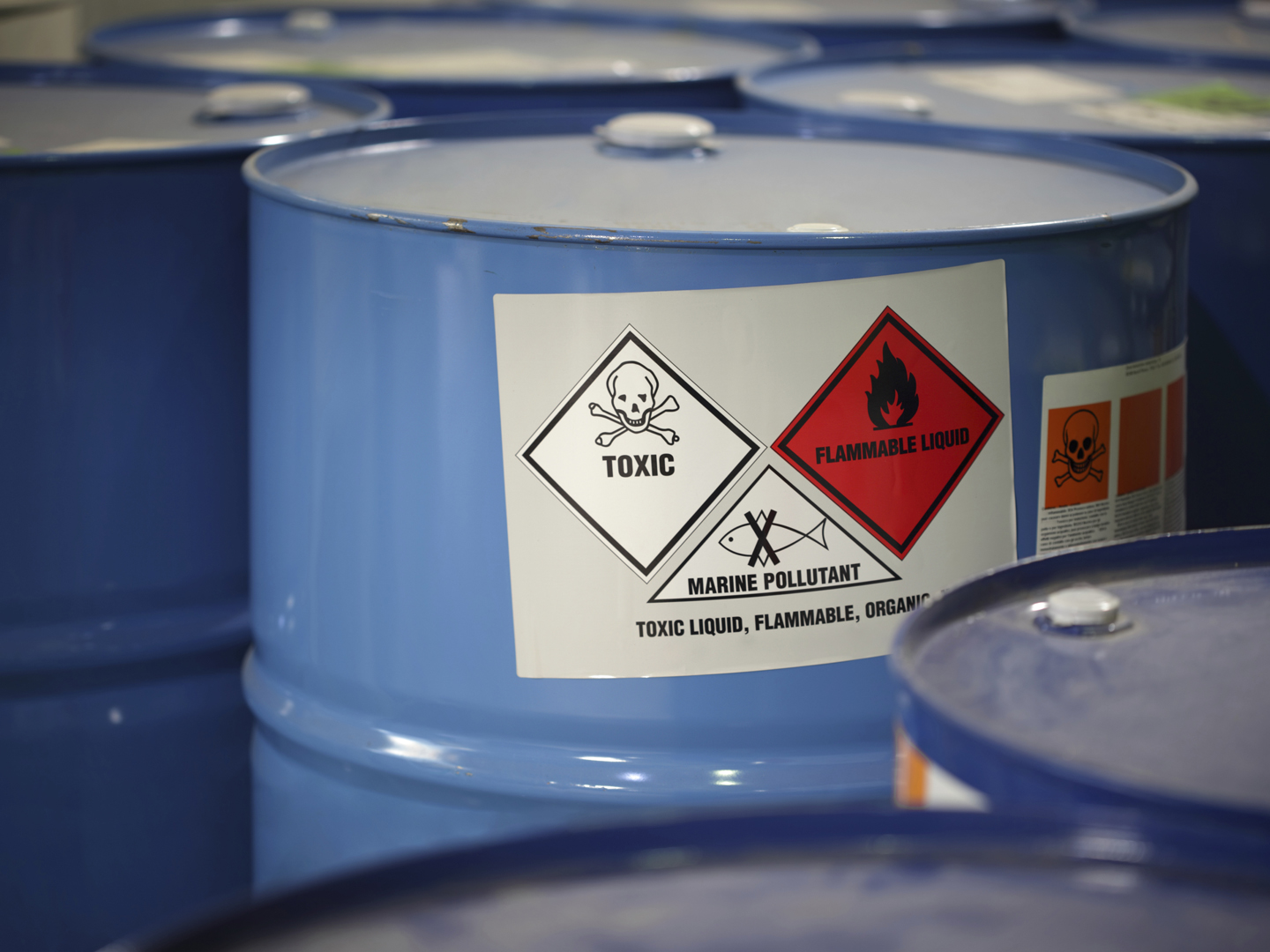Smoke, Genes And Health?
Is it true that the babies of women exposed to secondhand smoke during pregnancy can be at risk of developmental disorders and cancer?
Andrew Weil, M.D. | June 7, 2021

I’m afraid so. New research from Virginia Commonwealth University has linked exposure to secondhand smoke during pregnancy with changes in the markers for disease that are measured at birth. This finding suggests that many adult diseases originate in environmental exposures during early development, INCLUDING TOBACCO SMOKE.
Study leader Bernard Fuemmeler, Ph.D., M.P.H., co-leader of the university’s Cancer Prevention and Control program emphasized that no level of smoke exposure is safe during pregnancy. “Even low levels of smoke from secondhand exposure…(are problematic),” he wrote, noting that not everyone exposed will have a child with some disease outcome, “but it contributes to a heightened risk.”
To reach these conclusions the Virginia team analyzed data from 79 pregnant women enrolled in the Newborn Epigenetics Study (NEST) between 2005 and 2011. They reported that during the first trimester, all the women had a concentration of the nicotine byproduct cotinine in their blood. This is consistent with exposure to secondhand smoke.
After these women gave birth, the researchers sampled the umbilical cord blood – the same blood that circulates through the fetus in utero. They also searched for correlations between the mothers’ blood cotinine levels during pregnancy and epigenetic patterns in the babies at birth. When cotinine levels were high, newborns were more likely to have epigenetic “marks” on genes that control the development of brain function, as well as on genes related to diabetes and cancer.
These marks could mean either unusually many or unusually few molecules bound to the DNA strand, which affects how accessible a particular gene is. If a gene is bound up tightly by lots of marks, then it’s harder for molecular machinery to access and less likely to be expressed. On the other hand, if a gene is unusually unencumbered, then it might be expressed at higher levels than normal. Tipping the scale in either direction could lead to disease.
To solidify their results, the team repeated the analysis in a separate sample of 115 women and found changes to two of the same disease-related epigenetic regions — one that regulates genes involved in inflammation and diabetes and another that regulates cardiovascular and nervous system functions — all correlated with cotinine levels in the blood.
Andrew Weil, M.D.
Source:
DNA Methylation in Babies Born to Nonsmoking Mothers Exposed to Secondhand Smoke during Pregnancy: An Epigenome-Wide Association Study, May 19, 2021, doi/10.1289/EHP8099












